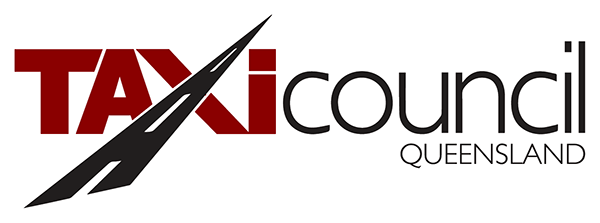Media release
04 October, 2019
Transport for London (TfL) has once again rejected Uber’s application for a full operating licence, citing continued concerns over passenger safety. This has led the Taxi Council of Queensland (TCQ) to question how Queensland’s Department of Transport bureaucrats found Uber to be a ‘fit and proper’ company when they approved its Booking Entity Authorisation (BEA) in late 2017.
The Department of Transport’s decision to welcome Uber’s operations in Queensland was taken after TfL decided Uber had not conducted its business in London in a ‘fit and proper’ manner. In September 2017 TfL declined to renew Uber’s licence to operate in London, and when Uber appealed the decision, it only won a probationary approval from the court by agreeing to abide by stricter conditions.
Two years later, Uber still cannot satisfy TfL’s requirements that its service is safe, and its modus operandi is fit and proper. The short leash Uber was on during its probationary approval has now been shortened even further with TfL only granting the company a two-month extension of its licence – this is reportedly the shortest licensing period ever handed out by TfL.
In contrast to the scrutiny Uber has received in London, a search of the Department of Transport’s website shows that Uber’s trading company, Rasier Pacific Pty Ltd, has been granted authorisation to operate in Queensland until 30 November 2023.
TCQ CEO Blair Davies says it is almost unbelievable that TfL, with its much greater experience with Uber and expertise in regulating a far bigger Personalised Transport sector, can hold deep concerns about Uber and yet our local Transport Department officials seemingly have no concerns whatsoever. Uber is a global platform and Queensland regulators should be looking to learn from the experiences of their overseas counterparts with the company.
“Uber only obtained a two-month extension for its operator licence in London because TfL still considers that it needs to be on a very short leash – the independent umpire still views Uber’s operations as an unacceptable risk to public safety,” said Mr Davies.
“It has to be a worry that our Government officials are not as concerned as their TfL counterparts clearly are. Instead of our regulators getting onto the front-foot on the issue of public safety, it is as though they have doubled down on a wing and a prayer that nothing bad happens. That simply doesn’t inspire any confidence as a strategy for assuring Queenslanders that their personalised transport sector will operate with the highest safety standards and vulnerable members of the community will be well protected.
“A recent investigative report out of the United States, by The Washington Post, highlights why TfL is on the right track and Queensland officials are not. The Post reported Uber has a Special Investigations Unit (SIU) in Phoenix that is kept busy investigating the most serious complaints that come from customers about Uber drivers, with the most common of those complaints around sexual misconduct, including rape. The report highlighted that Uber instructs SIU staff to always distance the company from any responsibility and not to report incidents to law enforcement or other authorities.
“Uber has consistently demonstrated a lack of corporate responsibility regarding the misbehaviour of its drivers. When Uber receives information from customers regarding illegal activity, Uber should be
reporting each and every one of those incidents to law enforcement authorities. It has to change its company culture from hiding problems, to owning problems, no matter what the consequences may be for its public image, otherwise that image is just a facade.
“The Washington Post’s report highlights a real problem with the approach by Queensland transport regulators. If they are going to ignore the experience of overseas jurisdictions and continue handing out BEAs without serious scrutiny, it’s likely to end badly for someone, somewhere, sometime,” said Mr Davies.
The Council is calling on Minister Mark Bailey to review his Department’s handling of BEA approvals and how Uber (Rasier Pacific Pty Ltd) received approval to November 2023, without any special conditions.
“TCQ has previously called for the State Government to make passenger safety a priority in booked-hire vehicles and is urging they learn from TfL’s assertive action to hold booked-hire platforms like Uber more accountable for the safety of passengers and drivers alike,” Mr Davies continued.
“We applaud TfL’s diligence and care for Londoners and it’s time for Minister Bailey to get his department to take a similar approach for Queenslanders.
“TfL originally declined to renew Uber’s right to operate in London based on complaints from local police that the company was failing to report serious criminal offences by its drivers and concerns about background checks. The Washington Post investigations show the practice hasn’t changed, and it’s not confined to just London. What’s to say this isn’t happening in our own backyard?
“Queenslanders expect and deserve better from the Transport Department than handing out BEAs to companies that won’t take safety and other regulatory requirements seriously. It’s time for our bureaucrats to lose the naivety and diligently ensure that every company they authorise to operate a booked-hire service in Queensland, is genuinely fit and proper,” said Mr Davies.
Ends
